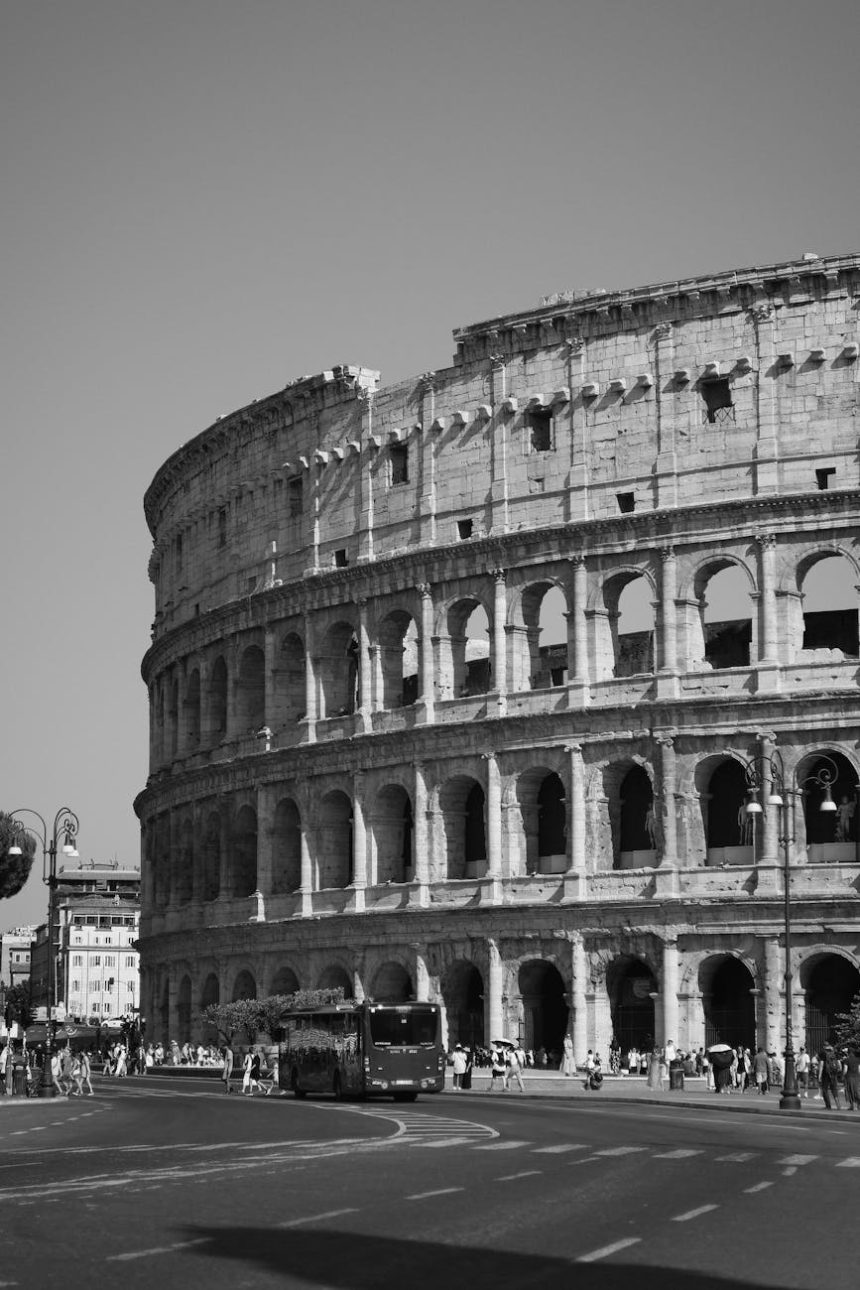In a move resonating with historical significance and urgent cultural preservation, Memphis-born kickboxing champion and historian Anthony “Amp” Elmore has reached out to the United Nations Educational, Scientific and Cultural Organization (UNESCO). His plea centers on a critical issue: the alleged planned erasure of Black history within Memphis, particularly focusing on the iconic Orange Mound community. Elmore is not only confronting what he describes as systemic White Supremacy but also a disturbing trend of Black-on-Black racism that he believes exacerbates the situation.
A Champion’s Call for Historical Justice
Anthony “Amp” Elmore is a name synonymous with athletic achievement, having secured five World Kickboxing Championships. However, beyond the roar of the crowd and the discipline of the ring, Elmore possesses a profound dedication to historical preservation and social justice. His recent appeal to UNESCO is a testament to his commitment to ensuring that the rich tapestry of Black life and struggle in Memphis is not only remembered but actively protected from deliberate efforts to diminish or obliterate it.
The core of Elmore’s concern lies in the narrative surrounding the Orange Mound neighborhood. Once one of the largest Black communities in the United States, Orange Mound boasts a unique and vital history, from its origins as a segregated resort area to its development into a thriving hub of Black culture, entrepreneurship, and activism. Elmore contends that current developments and historical interpretations within Memphis are actively working to sideline or erase this crucial heritage, a move he views as a direct assault on the identity and legacy of the Black community.
The Specter of White Supremacy and Planned Erasure
Elmore’s appeal to UNESCO explicitly links the alleged erasure of Black history to the pervasive influence of White Supremacy. He argues that dominant narratives often overlook or downplay the contributions and experiences of Black people, creating a historical vacuum that allows for revisionism and the gradual disappearance of cultural landmarks and stories. This, he believes, is not an accidental oversight but a calculated effort to control the historical narrative and maintain existing power structures.
The concept of “planned erasure” suggests a deliberate and ongoing process aimed at removing Black history from public consciousness and physical spaces. This can manifest in various ways, including:
- The demolition or redevelopment of historically significant Black sites without adequate commemoration.
- The prioritization of narratives that exclude or marginalize Black contributions.
- The underfunding or discrediting of Black historical institutions and research.
- The alteration of street names or public spaces that honor Black figures.
By involving UNESCO, an organization dedicated to protecting cultural heritage worldwide, Elmore seeks to bring international attention and pressure to bear on the situation in Memphis. The UN body has a mandate to safeguard World Heritage sites and intangible cultural heritage, making Elmore’s appeal a strategic move to leverage global recognition for local historical preservation.
Addressing the Challenge of Black-on-Black Racism
Adding another layer of complexity to his fight, Elmore also points to the damaging effects of Black-on-Black racism. He posits that internal divisions and a lack of unified action within the Black community can inadvertently aid the efforts of those seeking to erase its history. This internal discord, he suggests, can manifest as:
- Infighting and lack of solidarity on crucial community issues.
- Disrespect for elders and historical figures within the community.
- Prioritizing personal gain over collective historical preservation.
- Internalized oppression that leads to a devaluation of Black culture and history.
Elmore’s inclusion of this aspect highlights a nuanced understanding of the challenges faced by Black communities. He recognizes that while external forces like White Supremacy are primary antagonists, internal dynamics can also create vulnerabilities. His call for UNESCO’s assistance is therefore not just about external recognition but also a plea for introspection and renewed commitment from within the community itself.
The Significance of Orange Mound
Orange Mound is more than just a neighborhood; it’s a living testament to Black resilience and achievement in the face of segregation. Established in the early 20th century, it was a beacon of hope and self-sufficiency for African Americans in the Jim Crow South. The community housed prominent Black professionals, artists, and activists, fostering a vibrant cultural scene and a strong sense of identity. Its architectural heritage, community institutions, and the stories of its residents are invaluable pieces of American history.
For more information on the importance of preserving African American history, explore resources from the National Park Service.
Elmore’s concern is that the historical significance of Orange Mound, and by extension, much of Memphis’s Black history, is being sidelined in favor of developments that either ignore its past or actively seek to rebrand it without acknowledging its Black roots. This “planned erasure” risks severing the connection between future generations and their heritage, a loss that Elmore believes is immeasurable.
A Call to Action for Global Awareness
Anthony “Amp” Elmore’s courageous stance against historical erasure and racism is a powerful reminder of the ongoing struggle for recognition and respect. His appeal to UNESCO is a strategic move to amplify the voices of those fighting to preserve their legacy. The situation in Memphis underscores a broader, global challenge: the imperative to protect and celebrate the histories of marginalized communities.
The fight against White Supremacy, racism, and even internal divisions within a community is a complex and arduous one. However, with champions like Amp Elmore bringing it to international attention, there is hope that the vibrant, essential history of Memphis’s Black community, particularly Orange Mound, will be safeguarded for generations to come. This is not just about preserving buildings or dates; it’s about preserving identity, culture, and the fundamental right to a complete and accurate historical narrative.
For those interested in understanding the mechanisms and importance of heritage preservation, the UNESCO World Heritage Centre provides valuable insights into global efforts.
Conclusion
Anthony “Amp” Elmore’s multifaceted fight—against White Supremacy, racism, and Black-on-Black divisions—all in the name of preserving Memphis’s Black history, particularly the Orange Mound community, has now taken a significant international turn with his appeal to UNESCO. This action highlights the urgency and gravity of the perceived threats to historical narratives and cultural heritage. The world watches as Elmore, a five-time World Kickboxing Champion and dedicated historian, uses his platform to advocate for remembrance and justice, urging global support to ensure that the invaluable legacy of Black Memphis is not erased from history.
We urge you to support Amp Elmore’s mission. Share this article, raise awareness about the importance of preserving Black history in Memphis, and let your voice be heard.










